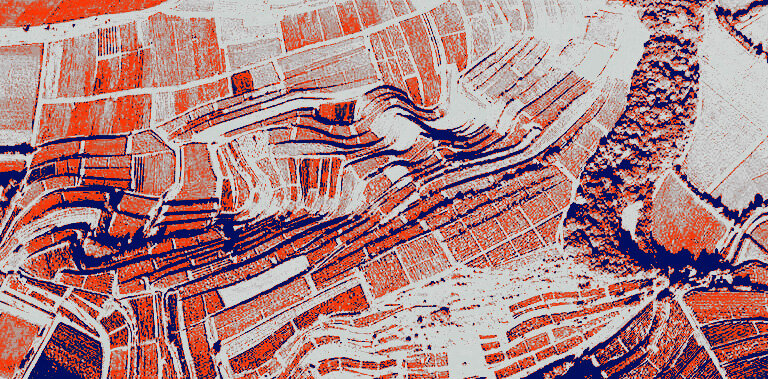
TEMA#1
How can we deconstruct colonial patterns of thinking?

Colonization is part of White European history. The colonizers dominated the world and their sense of superiority was transmitted through social systems. Today, this heritage is still ingrained in society. Consciously or unconsciously we still think in colonial patterns. In this issue TEMA is rethinking the European culture of colonial thought and attempts to take its readers on a path towards the decolonization of their minds.
While writing about decolonization and racism it is particularly important to be aware of the space and position we take within this debate. We, as mostly White, young people from educated, privileged families, have never been ‘the other’ in our society. Hence, we can only relate to the topic by educating ourselves and listening to people who themselves embody the experiences of the colonial past and racial discrimination. We want to use our privilege to amplify voices that are not heard enough and educate ourselves. Simultaneously, we aim to share knowledge on topics that don’t receive enough attention.
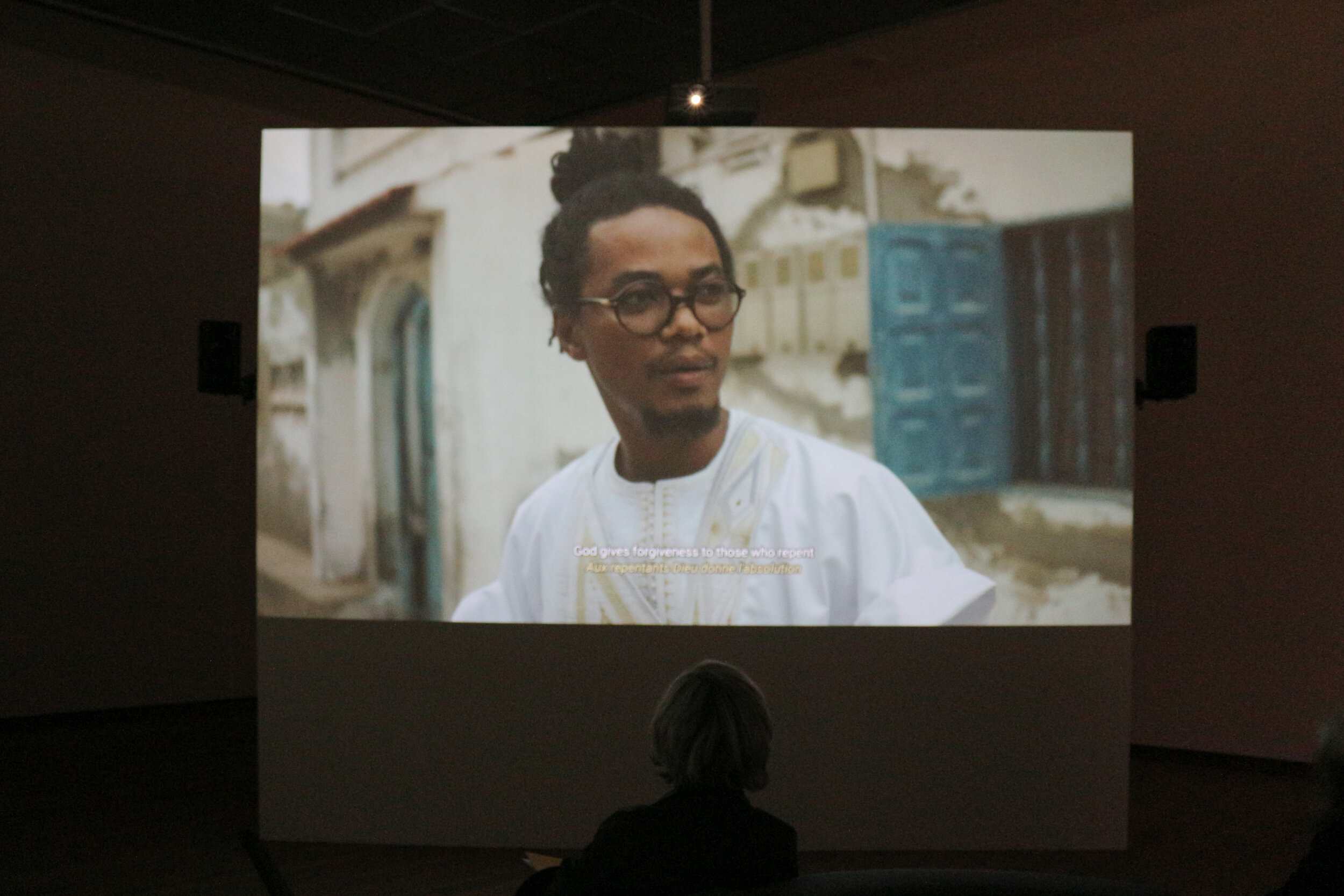
‘The specters of ancestors becoming’: negotiating layered colonial histories
A Personal Review of the Exhibition ‘Say It Loud’ by Jasmine Brazelton.
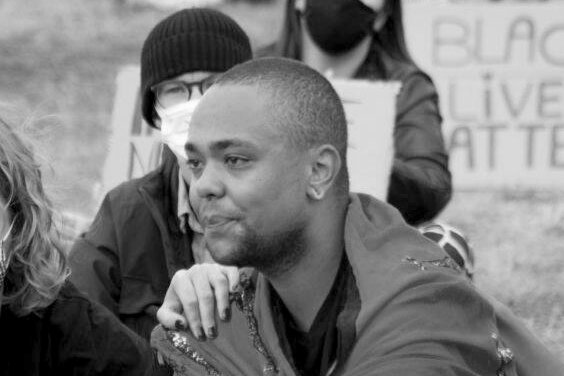

Moving beyond the original – the challenge of the printed Nefertiti
What are the characteristics of the original? What is the copy, what is original? And what does it mean for restitution when the original is deconstructed as a concept?
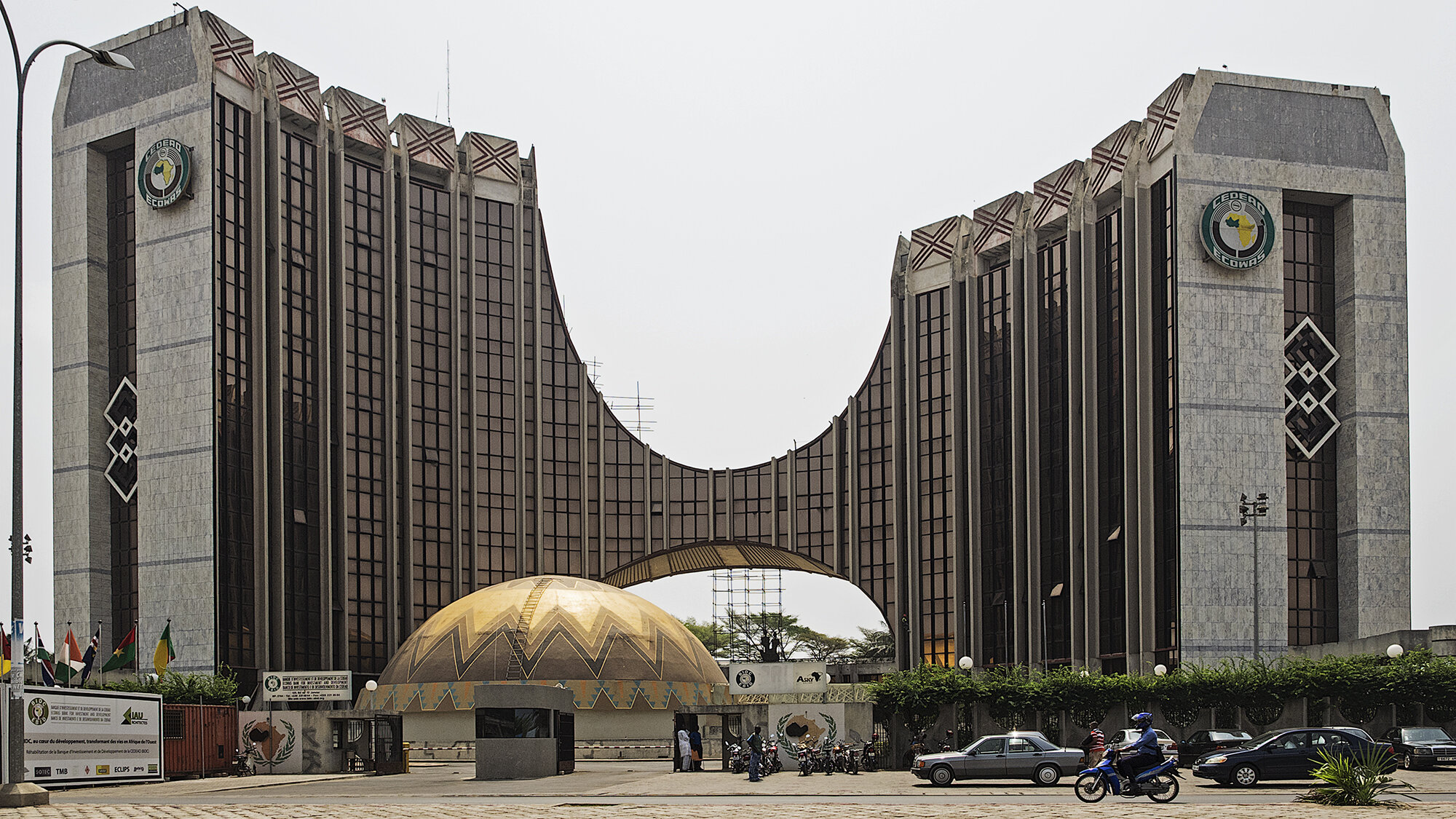
The relationship between Europe and Africa: cooperation or sophisticated imperialism?
With decolonisation, the European powers lost their colonies and, consequently, imperialist power. Europe, as a bloc, adopted other ways of relating to Africa.
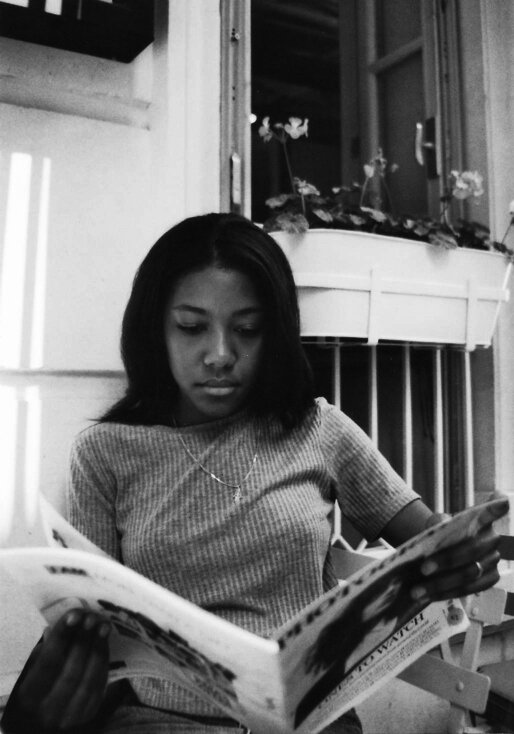

Spice it some more!
A series of photographies portraying spices well known and often used in the Western European kitchen. But what do we actually know about their origins. The history of spices tells us a lot about our colonial past.

Language creates realities: the question of ‘race’ in the German Constitution
„Eine Unterteilung von Menschen in Kategorien widerspricht dem Grundsatz “Alle Menschen sind vor dem Gesetz gleich”. Der Begriff “Rasse” sollte deshalb aus dem Grundgesetz gestrichen und durch eine Formulierung wie “rassistische Zuschreibungen” ersetzt werden. Es gibt keine “Rassen”, es gibt nur Menschen.“


The indigenous lens in audiovisual art
Audiovisual art has a very special power to touch people, to make them angry, to empathize, and should therefore be considered more precisely as an instrument of resistance against postcolonialist practices.


Spice it up!
A series of photographies portraying spices well known and often used in the Western European kitchen. But what do we actually know about their origins. The history of spices tells us a lot about our colonial past
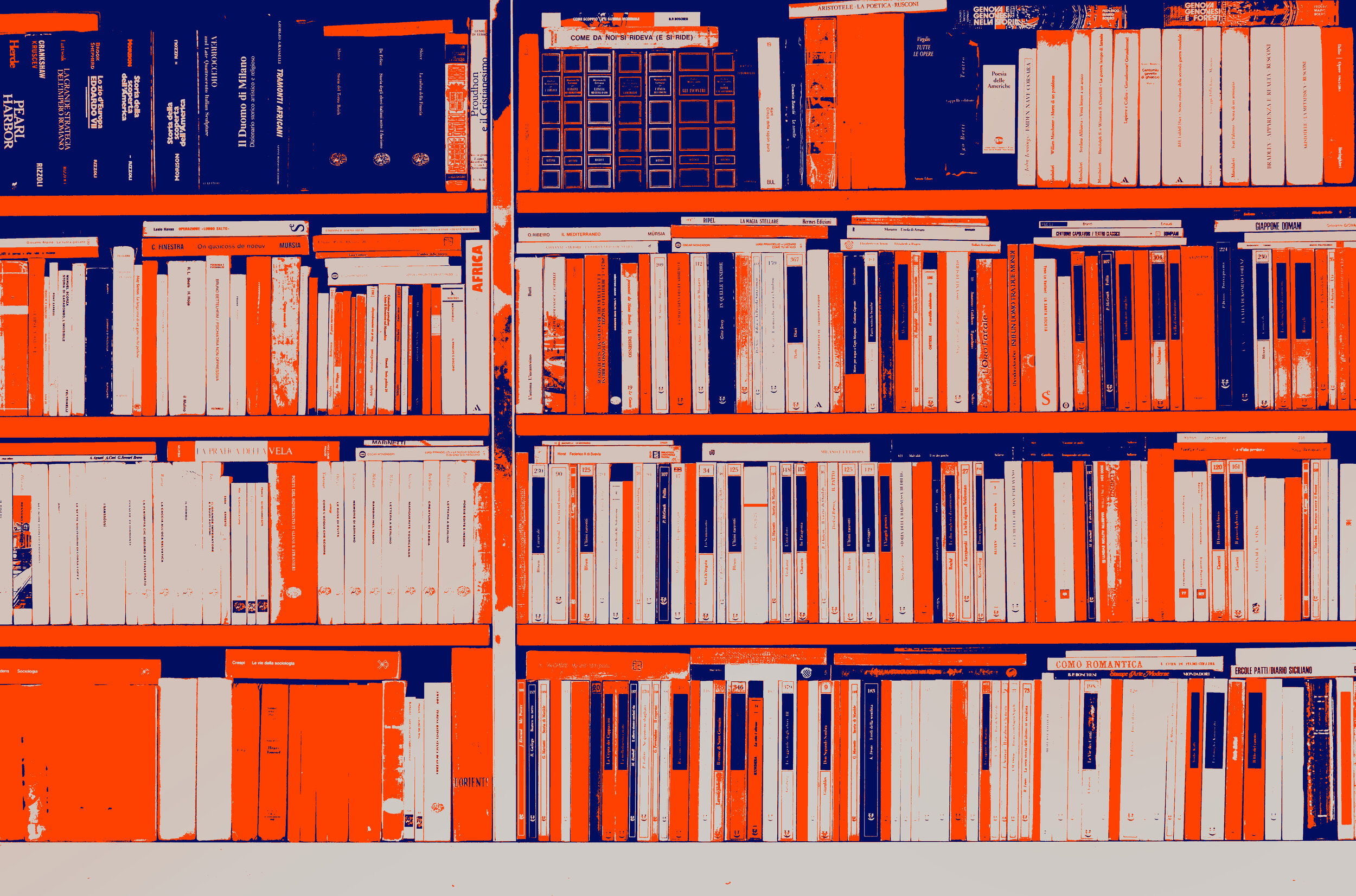
Decolonizing your bookshelf or the danger of a single story
Should I be more active in the fights against discrimination, whether they are related to skin colour, gender or sexual orientation? How do I make space for these fights in my life; fights that I am extremely lucky to have a choice fighting?
